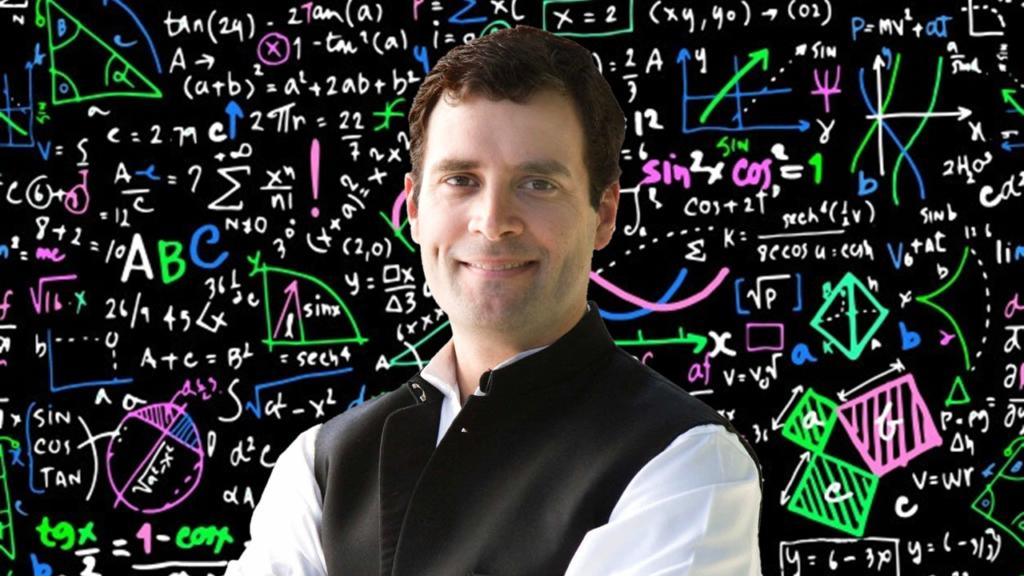In a latest poll gimmick, Rahul Gandhi promised a quasi Universal Basic Income to 20 percent of Indian families from the poorer strata of society. There are almost 25 crore families in the country and 20 percent of this means that 5 crore families will benefit from Rahul Gandhi’s proposed scheme. Gandhi said that every family will get 72,000 crore rupees and the total cost of the scheme would be around 3.6 lakh crore rupees which is around 1.9 percent of country’s GDP or 14 percent of central government’s expenditure. Rahul Gandhi obviously did not explain any plans on how the money for the scheme will be collected.
The Modi government announced in the budget that it will transfer a direct benefit of 6,000 rupees per year for landholders with up to 2 hectares. The scheme has been implemented retrospectively from December 1, 2018 and will benefit more than 12 crore farmer families. The government allotted a budget of 20,000 crore rupees for the scheme for current fiscal year and 75,000 crore rupees for the next fiscal year. This clearly indicates that the Modi government’s PM-Kisan is much better and efficient compared to Rahul Gandhi’s quasi universal basic income idea. It covers more than double number to the number of people compared to the scheme proposed by Rahul Gandhi and cost less to state exchequer.
Despite the cost ineffectiveness, the quasi UBI idea is much better than schemes like fertilizer subsidy, power subsidy is done away with, QUBI could be implemented with lesser spending.But the real question is whether they have intellectual resources and execution ability to implement the idea. The various existing inefficient schemes are a legacy of the Congress’ governments. UBI is being discussed to do away with these inefficient schemes. If the Congress government has not been able to implement previous schemes, how the party could be trusted with the implementation of UBI which is far more complex and needs more financial resources.
This empty promise is in line with the recent trend of the Congress promising big and then simply failing to deliver on them. In the run-up to the Karnataka polls, Congress-JD(S) alliance came to power in the state and after that, the coalition government simply made a mockery of farm loan waiver. Till December last year, only 800 farmers in the state benefitted from the farm loan waiver worth 44,000 crore rupees. This was nothing but a cruel joke on part of the incumbent government. We have also witnessed what happened in Madhya Pradesh and Rajasthan in the name of farm loan waivers. The Congress president had promised farm loan waivers in these states and massive irregularities surfaced shortly after the announcement of the scheme.
The implementation of Universal Basic Income would require vast financial infrastructure and financial resources. The phasing out of the existing subsidies scheme will take time and effort. The funding of existing schemes is very complex with financial burden divided between central government, state government and in some cases even local governments. Thousands of people employed to implement these schemes would lose their jobs and these people need to be transferred to other sections of government.
Congress party is very good at taking credit for the hard work of others. Its cronies in the media help the party with it. The economic growth in the first term of UPA government was due to reforms of Vajpayee led NDA government but the Congress party never bothered to credit the late prime minister for this.
